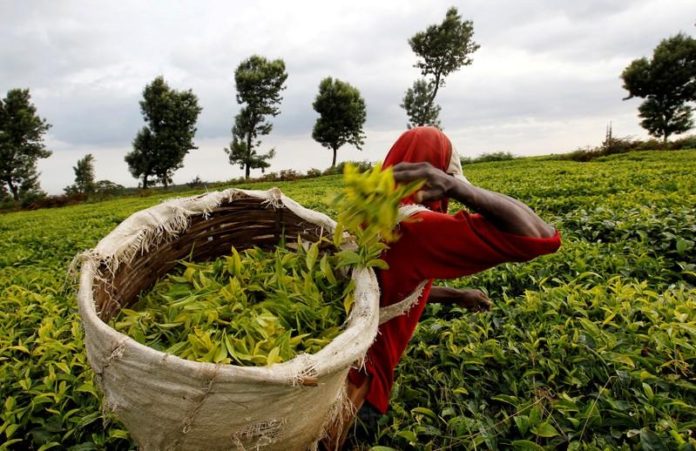Kenya’s tea production is likely to drop significantly within the next decade because of climate change, threatening the country’s foreign earnings from the crop.
This is according to a senior researcher at the Kenya Agricultural and Livestock Research Organization’s (KALRO) Tea Research Institute (TRI) Rhoda Ruto who reckons that tea production will be affected by increased rain and temperature as a result of global warming.
“Much effect of the climate change on crops will be felt in Kenya’s tea sector as an increase in temperature beyond 23.5 degrees Celsius would significantly reduce yields of the cash crop,” said the researcher.
Suitability of tea production
Climate change has the potential to significantly affect small-scale farmers’ livelihood as a good number of them rely on the crop for income. Extremely low temperatures also affect tea production with frosts, cutting yield per bush. Rhoda however noted that climate change will enhance the suitability of tea production in areas where today the crop is not grown, especially the higher altitudes around Mount Kenya.
“However, many of these areas are protected and it is not advised that forests be cleared to cultivate tea, as was done with the Nyayo Tea Zones in the 1980s. Major growing zones particularly in Bomet, Kisii, and Nyamira will need to adapt their farm management techniques to the new conditions,” she said.
According to a report compiled by scientists from the International Centre for Tropical Agriculture (CIAT), the land under tea will reduce by 42 per cent by 2050, creating excess capacity in tea factories dependent on the catchments.
Areas West of the Rift Valley particularly Nandi, Kericho, and Gucha will be the most affected according to the study titled Future Climate Scenarios for Kenya’s Tea Growing Areas by Dr. Peter Laderach, Dr. Audberto Quiroga, Dr. Jason Gordon, and Dr. Anton Eitzinger.
“We are now focused on training our tea farmers on the most appropriate adaptation techniques and working on alternative strategies including developing drought tolerant tea varieties. What is important is to increase adoption of developed adaptation strategies to close the gap between research and actual farm production.”









[…] Climate change storm threatens Kenya’s tea production Farmers Review Africa Source: google […]
Comments are closed.